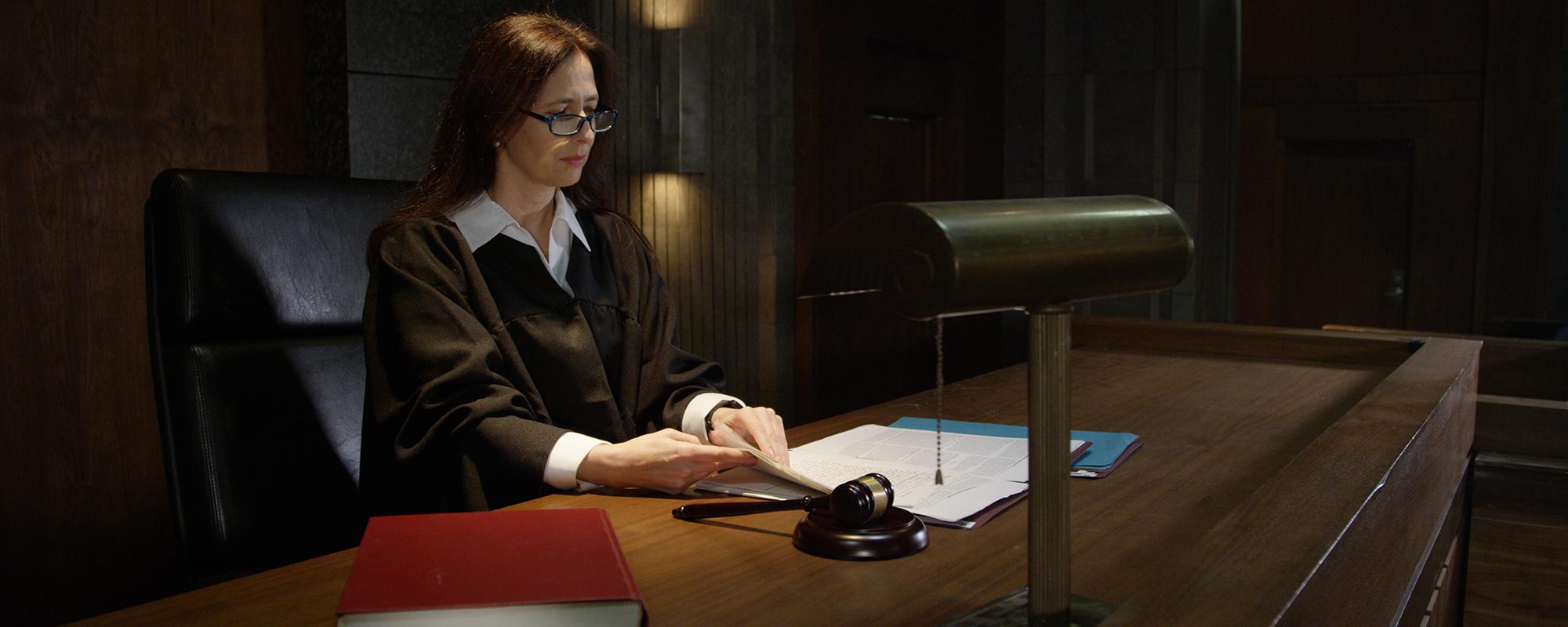November 20, 2020
In a strong decision released today, the Supreme Court of Canada has decided that Ontario’s sex offender registration scheme discriminates against individuals with a mental illness. The scheme has been struck down by unanimous Court on the basis that it violates the Charter’s equality guarantee in a way that is not reasonable or justified. This is a victory for meaningful equality rights for those living with a mental illness and affirms the fundamental principle that the law should not punish people who are not morally responsible for their actions. The case addresses important issues about how our criminal law approaches questions of criminal responsibility and mental illness.
Background
In 1991, Canada’s Parliament reformed the Criminal Code to recognize the unique needs and circumstances of people who commit criminal offences as a result of a mental disorder. The law replaced indefinite detention with treatment and established a system of provincial expert review boards to consider the appropriate disposition for a not criminally responsible (NCR) accused, including whether and when they could be “absolutely discharged” and no longer under the criminal law’s jurisdiction. The approach recognizes that those who commit offences as a result of a mental illness are not morally culpable and that their need for treatment must figure prominently in any decisions that affect their liberty. Several years later Ontario’s government enacted its sex offender registration law (Christopher’s Law) and the federal government followed suit in 2004. Both of these laws require registration of individuals who have committed certain sexual offences, regardless of whether they were convicted after being found guilty or found not criminally responsible.
In G. v. Ontario (Attorney General), the Ontario Court of Appeal decided that both the federal and provincial schemes violated the constitutional rights of NCR accused who had been absolutely discharged by the Ontario Review Board. The evidence before the Court showed that while a person found guilty of a sexual offence has multiple “exit ramps” to avoid registration as a sex offender or to get off the registry after a period of time, it is much more difficult (and sometimes impossible) for an NCR accused to do so. The absence of similar “exit ramps” violated the Charter’s equality guarantee. In effect, NCR accused were treated more harshly than convicted offenders. While the federal government chose not to appeal the decision, the Ontario government took the constitutionality of the provincial sex offender registration system to the Supreme Court.
SCC Decision
The decision of the Supreme Court affirms that Christopher’s Law discriminates against individuals on the basis of mental disability. As the majority states:
“the law itself invokes prejudicial and stereotypical views about persons with mental illnesses, feeding harmful stigma; and the law puts those found NCRMD in a worse position than those found guilty. Both effects perpetuate the historical and enduring disadvantage experienced by persons with mental illnesses.” (para 67)
The Court also found that the infringement of the equality guarantee was not reasonable or justified – the law did not minimally impair equality rights.
In addition to making arguments that the registration scheme violated the equality guarantee, CCLA had also argued that there was a violation of the Charter’s section 7 protection of life, liberty and security of the person. The Court decided that it need not address that issue, but significantly, left the door open for future challenges and recognized that the Ontario case law which says that inclusion on a registry is only a “modest” intrusion on liberty has been challenged.
The Court’s decision is split on the question of remedy. The majority agreed with the Court of Appeal that the registration scheme, as it applies to NCR accused who have been absolutely discharged, is invalid. The Court accepted that the declaration of invalidity could be suspended for a period of 12 months to allow Ontario’s legislative assembly to address the issues. The individual at the heart of the case – G – was entitled to an immediate remedy of removal from the registry.
In addition to the majority decision, there is a concurring judgment and a judgment dissenting in part. These decisions show some interesting divisions on the court when it comes to remedies for violations of the Constitution and may be important in future Charter cases.
About the Canadian Civil Liberties Association
The CCLA is an independent, non-profit organization with supporters from across the country. Founded in 1964, the CCLA is a national human rights organization committed to defending the rights, dignity, safety, and freedoms of all people in Canada.
For the Media
For further comments, please contact us at media@ccla.org.





